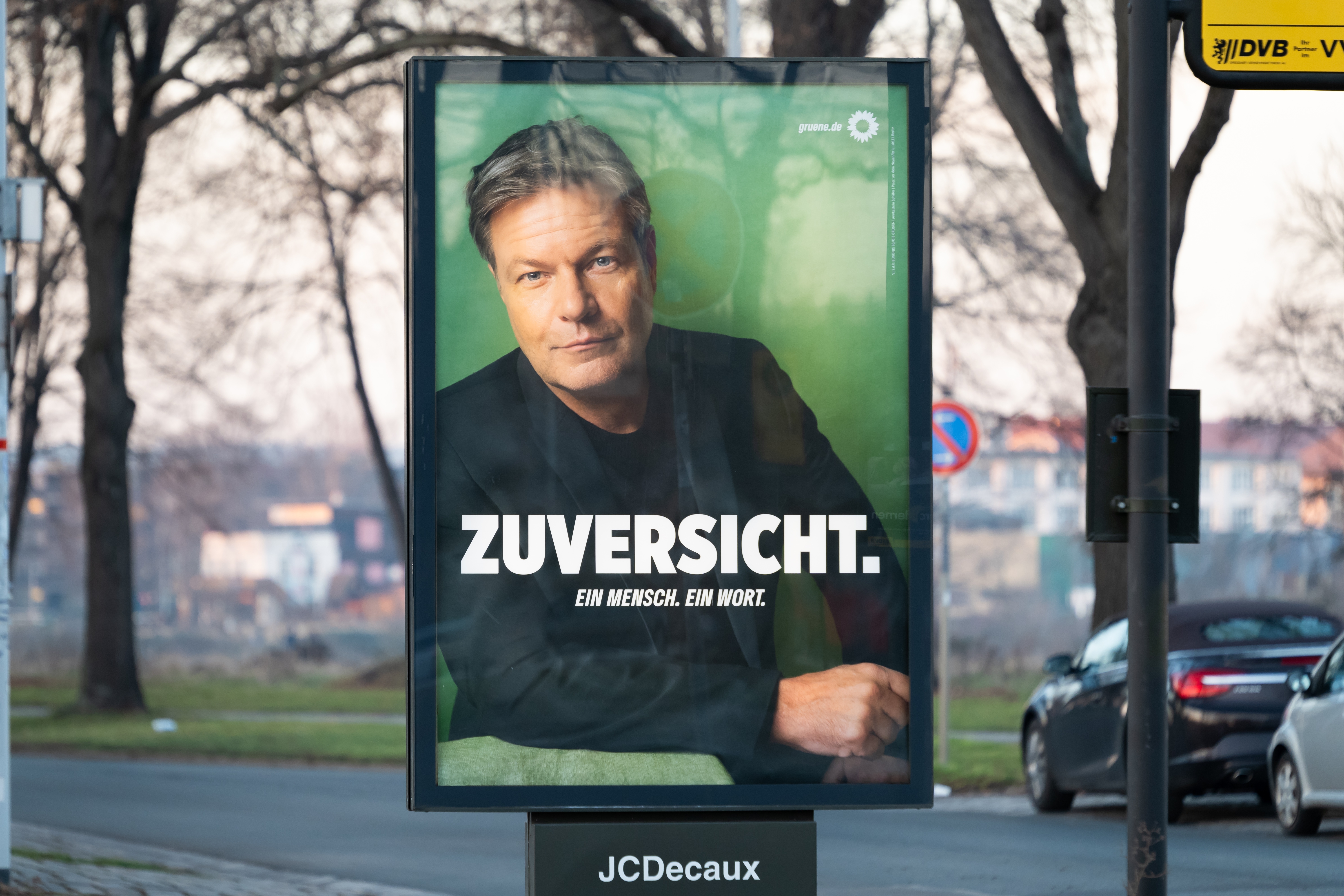The German Greens as an Alliance Party: The End of an Illusion?
At the Wiesbaden Congress in November 2024, Robert Habeck, currently Minister for the Economy and Climate, was nominated as the Green Party’s candidate for the Chancellorship in the early parliamentary elections on February 23, 2025. The party, founded 45 years ago, is now firmly established in the German political landscape. Wishing to turn the page on an unloved ‘‘traffic light’’ coalition, the party is banking on a personal campaign and an optimistic discourse based on the energy transition and social justice.

After a disastrous election year and with environmental and climate issues largely absent from the campaign, the challenges facing the ecologist party are numerous. Against a backdrop of crisis and extreme political fragmentation, the German Greens are positioning themselves as a bulwark against the far-right party Alternative for Germany (AfD) and trying to convince voters of the compatibility between industrial decarbonization, economic recovery and social justice. On the eve of the federal election, this note looks back at the changes and the main challenges facing the Greens, whose success will depend on their ability to strike the right balance between winning the political center and defending a demanding climate and social policy.
Annette Lensing is a Senior Lecturer in German Studies at the University of Caen-Normandie and a member of the Research Team on Literatures, Imaginaries, and Societies (EA 4254), where she co-leads a research program on cultural and political conceptions of nature.
This publication is available in French (pdf): "Les Verts allemands comme parti de rassemblement. La fin d’une illusion ?"

Available in:
Themes and regions
DOI
Notes du Cerfa, No. 185, Ifri, February 2025
Share
Download the full analysis
This page contains only a summary of our work. If you would like to have access to all the information from our research on the subject, you can download the full version in PDF format.
The German Greens as an Alliance Party: The End of an Illusion?
Related centers and programs
Discover our other research centers and programsFind out more
Discover all our analysesMerz’ European Policy-making: The End of the ‘German Vote’?
Friedrich Merz’s European ambition is to turn Germany, long seen as hesitant into a leading actor within the European Union (EU). To that end, he has pledged to end the “German vote,” a phenomenon that epitomizes the paradox of a country both indispensable and frequently absent from European decision-making.

Securing critical raw material (CRM) value chains – a prerequisite for Europe’s technological resilience
At the heart of economic security, technological resilience is a backbone of the European Union’s (EU) competitiveness. The EU’s energy and digital transitions depend on critical raw materials (CRM).

Reconciling competitiveness and demographic change: a Franco-German imperative
France and Germany are facing parallel demographic shifts that could reshape the future of their economies and their social models. These shifts reflect broader European patterns but are magnified by the central role both nations play in EU governance and competitiveness.
Taking the Pulse: Does France's Political Crisis Weaken Europe's Geopolitical Hand?
While the EU tries to navigate a myriad international challenges, France is experiencing historic political disarray. What impact will instability in Paris have on Europe's geostrategic capacity?







